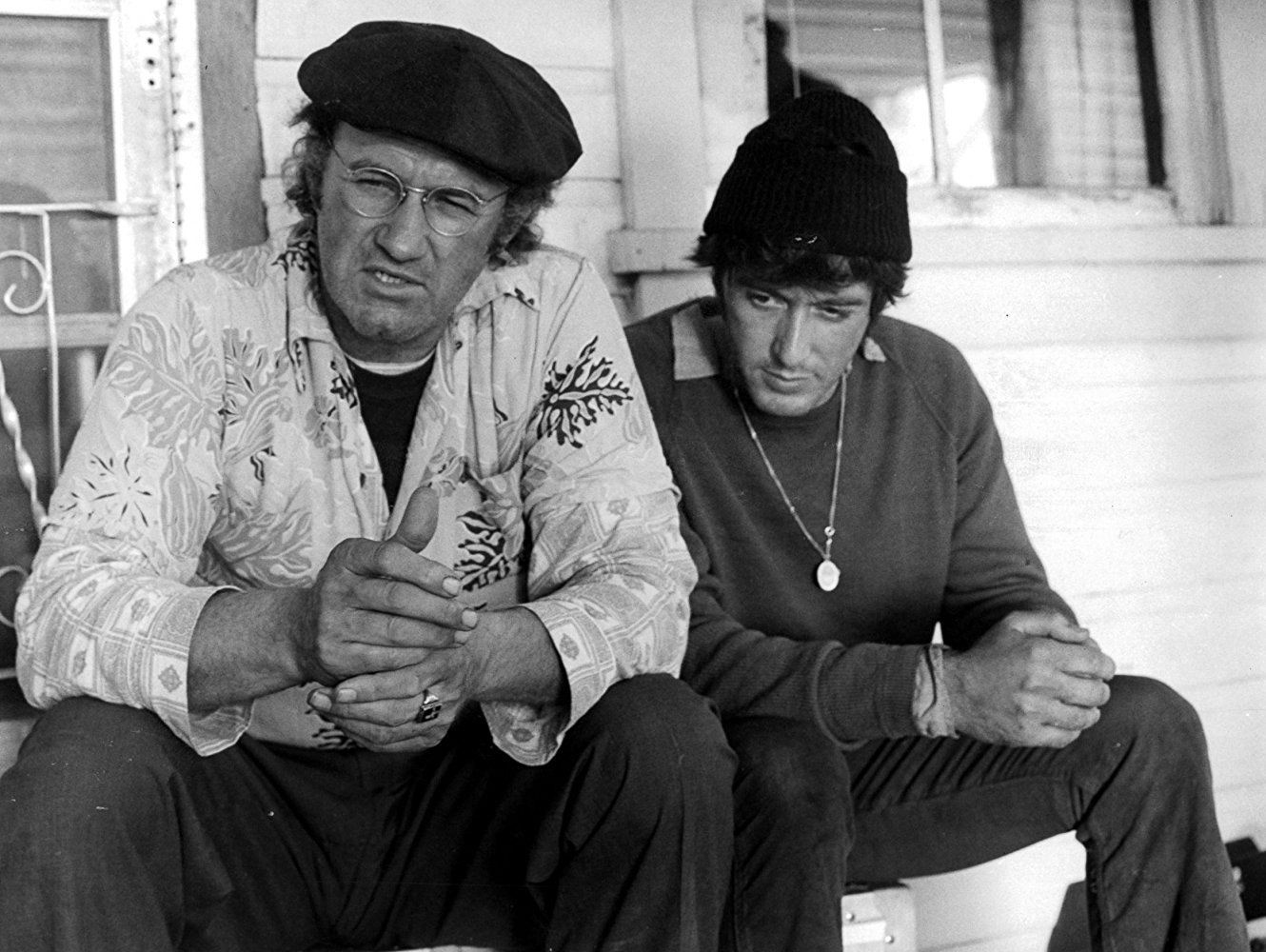I stumbled upon this two-year-old article Why It’s Safe for Founders to Be Nice, written by Paul Graham (a co-founder of Y Combinator), whom I honestly respect, and I decided to explain why I disagree. Not that I think we shouldn’t be nice. Not at all. But I do think that “being nice” is not a solution for organizational, management, marketing, sales, or business development problems. Moreover, in most cases it is actually not safe for founders to be nice.

Graham in his article quotes a founder who explains his worries about being “fundamentally soft-hearted and tending to give away too much for free.” Then he suggests the founder should not worry too much, because “as long as you build something good enough to spread by word of mouth, you’ll have a hyperlinear growth curve.” In other words, don’t worry about your softness and instead focus on building a great product—your efforts will be appreciated. But will this really work in the modern world?
It will, provided you’re a talented mathematician, or a composer, or maybe a writer, where your success doesn’t really depend on people close to you, like employees, partners, and investors. However, developing a business is a different story, where success mostly depends on your ability to generate profit, which, by definition, is “taking more and returning less.” What kind of a soft heart will be happy to do that?
7 Soft Hearted Mistakes Startup Founders Make perfectly summarizes how softness may become a weakness, if we fail to take it under control. In a nutshell, we are either soft-hearted or successful. This “weakness” is affecting more people every year, since the entire world, especially its male part, is tending to soften up, mostly thanks to the rapidly growing quality of life.
For some of us, who, like that founder, are “fundamentally soft-hearted,” doing business and generating profit is a very stressful activity. We have to do what goes against our inner self and take advantage of others. Telling us that it is perfectly safe to “be nice” in this situation is not ethical—this disarms us and makes us vulnerable in front of those who don’t have the “disease of soft-heartedness.” Is there a better recipe out there to heal our illness?
Even though I’m trying to think of myself as not a weak person, I have plenty of soft-heartedness disease symptoms. For example, I feel guilty when:
- I fire an employee
- I negotiate someone down
- I punish someone
- I don’t pick up the phone
- I say “No” to an offer
- I don’t trust people
- I break up with a girl
- I don’t return my mom’s calls
Any successful business person, including Paul Graham, who deals with hundreds of startups every year, would tell you that in order to achieve something you have to take many steps that will make many people around you unhappy. You have to fire people, say “No” to them, punish them, never return their phone calls, and rarely trust anyone. But we’re “fundamentally soft-hearted” and simply can’t do that every day—it’s too stressful for us. However, we also want to be successful in business! We don’t want to be mathematicians, or composers, or just Java programmers. We want to move up in business. What do we do?
Let me share the recipe I found for myself.
Obviously, we develop soft-heartedness when we grow up, mostly under the influence of our parents. As kids we quickly learn that in order to survive and have something to eat we must make those grown-ups happy, or at least not disappoint them. Later on we call this guilt-driven behavior “soft-heartedness” and become proud of it. But I believe it’s unfixable. Those who were traumatized by guilt in their childhood will never be able to offend somebody and walk away without any negative feelings. They are scarred forever.
The only possible way to get rid of guilt is to replace it with a greater guilt. For example, you just bought two ice cream cups and a friend asks you to give him one. You can’t say “No” because you would feel guilty for making him unhappy. But you remember that your mom told you to buy two cups and bring both of them home. You would feel even more guilt if you made your mom unhappy. So you say “No” to your friend and run home. Of course, you also can’t eat the ice cream yourself, even though you want it—you are afraid to make your mother unhappy.
The same principle may be applied to business. But instead of having a controlling parent you can define your own “rules of doing business.” Those rules will be stronger than any particular situation you’re facing at any particular moment. For example, you can decide when and why you answer your emails and phone calls, what should happen for your employee to be discharged, how exactly you punish your employees, how your relationship with partners are structured, etc. This document, or set of documents, will be more important for you than any particular person or situation. You will feel much more guilt for disobeying the rules than for making someone unhappy.
At least this is what works for me. Call it self-discipline or a systematic approach to doing business, but in reality it’s just a countermeasure against guilt.
To summarize, and to answer the question whether it is safe for a business person to be nice, I would say that it is very unsafe. But not being nice is obviously not a solution either, because anyone asking this question clearly wants to be nice. Thus, the only solution I managed to find is a personal code of conduct, which helps me be effective and not stressed at the same time.
